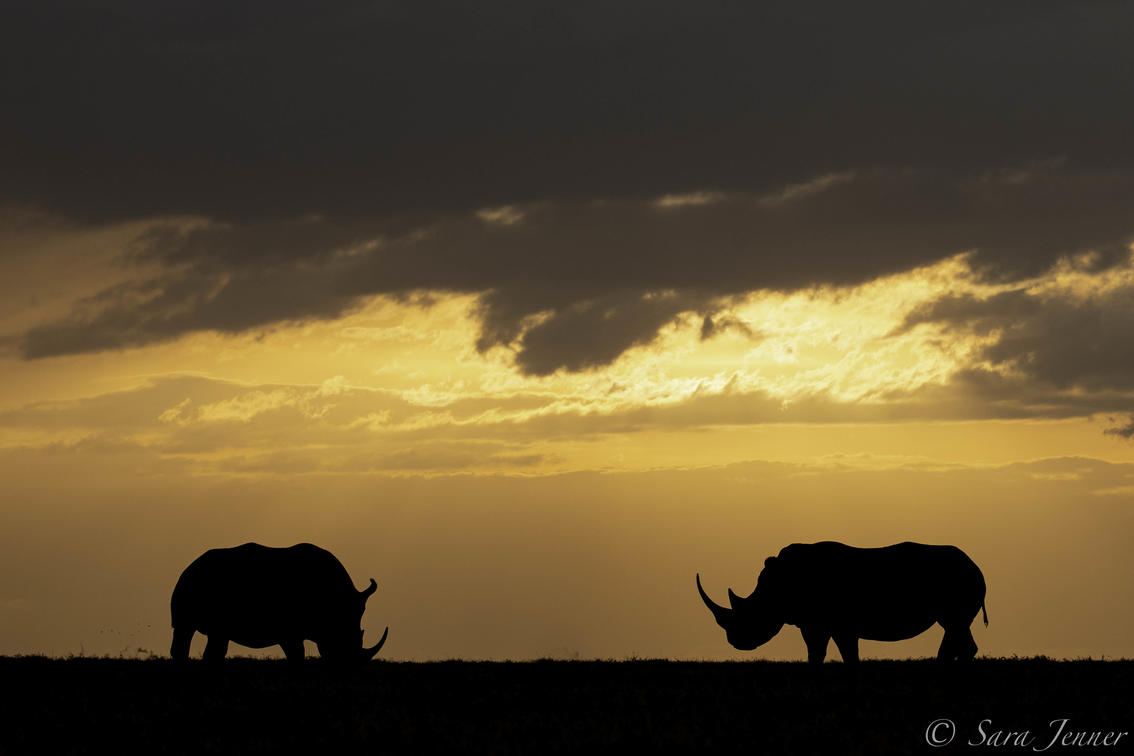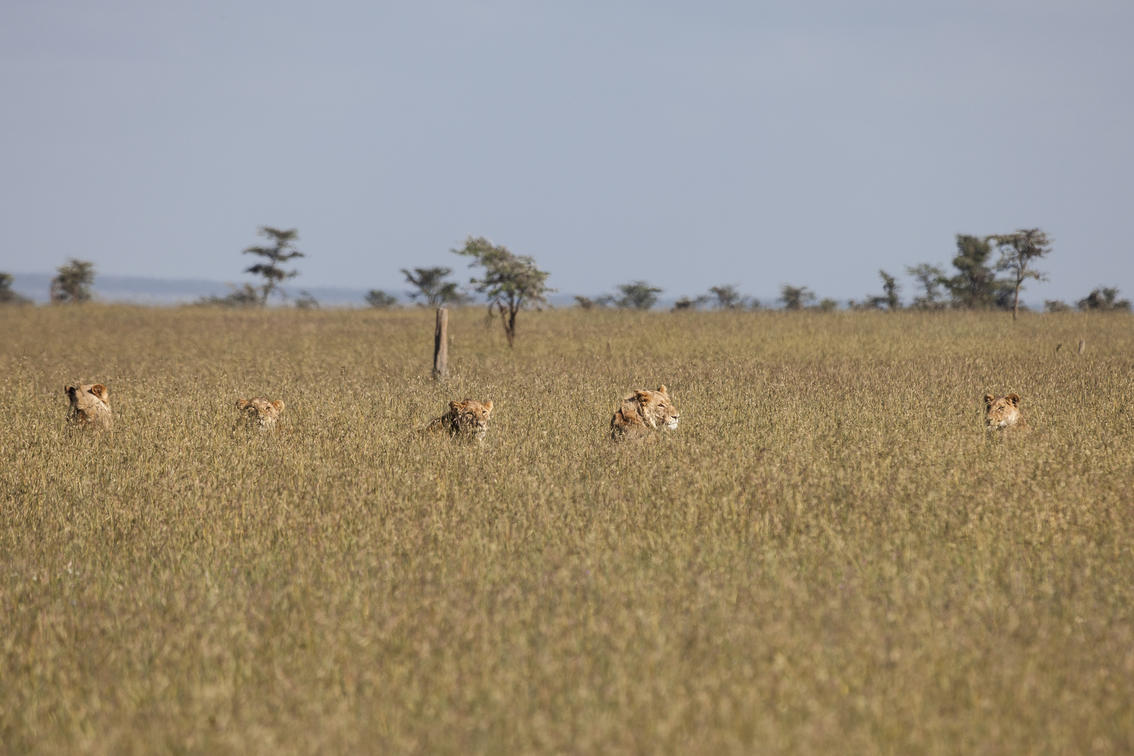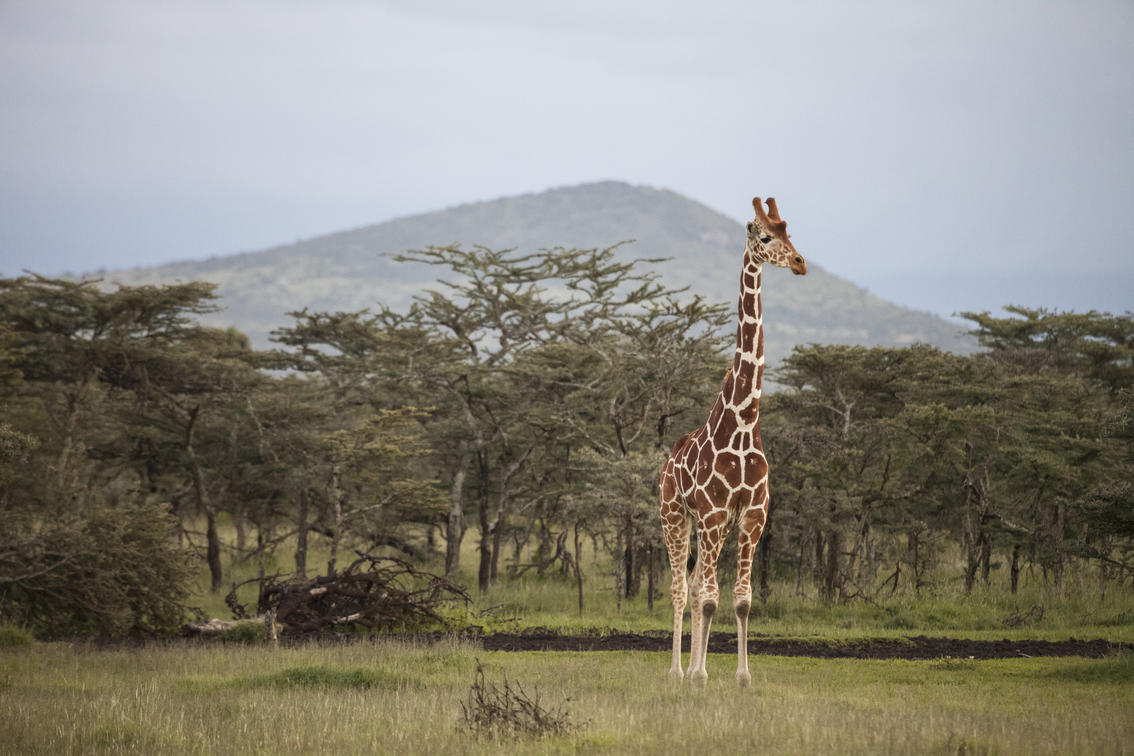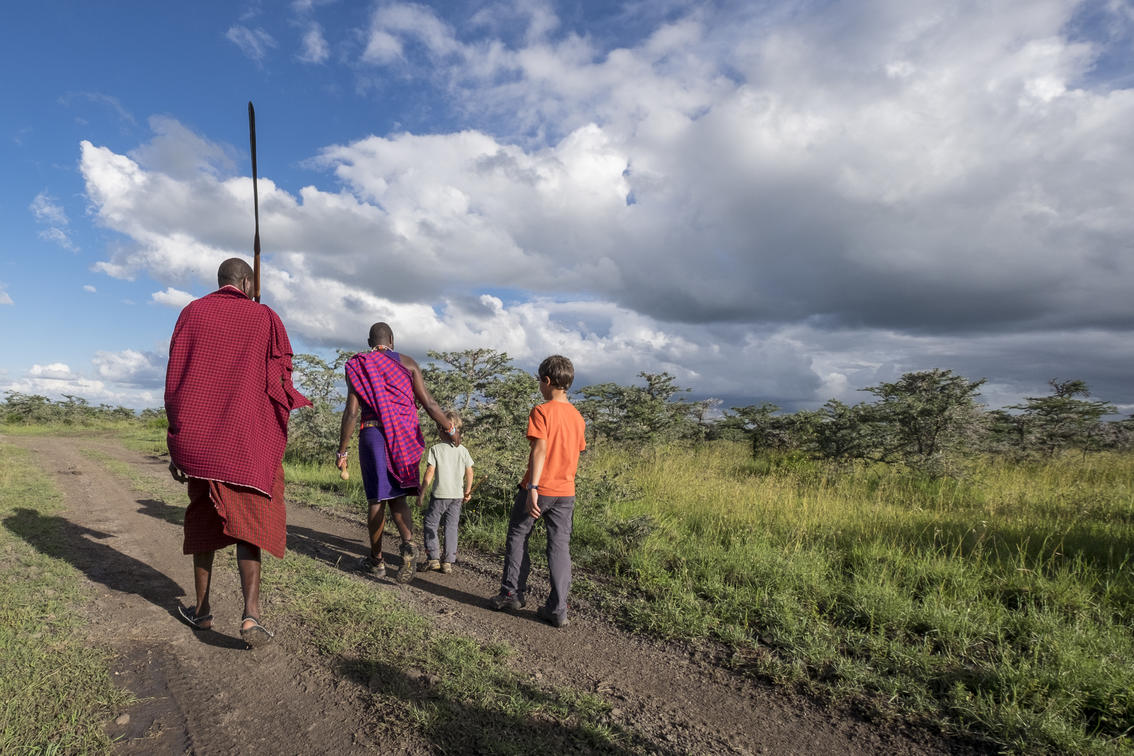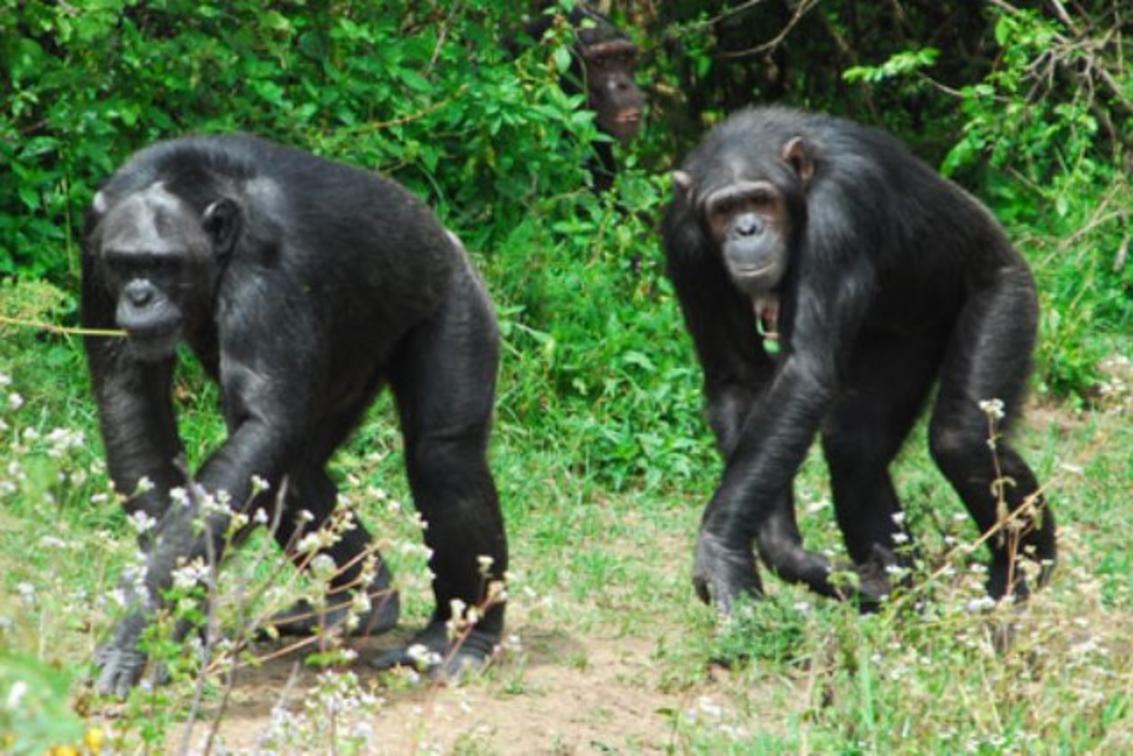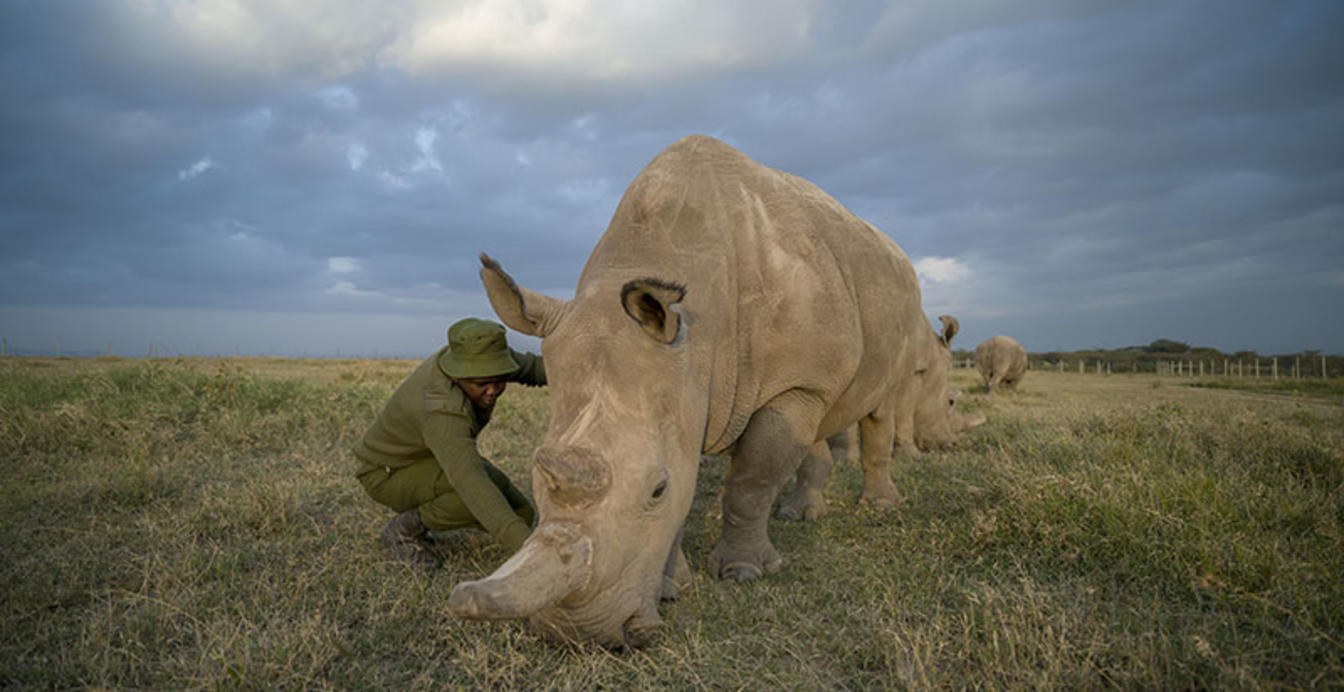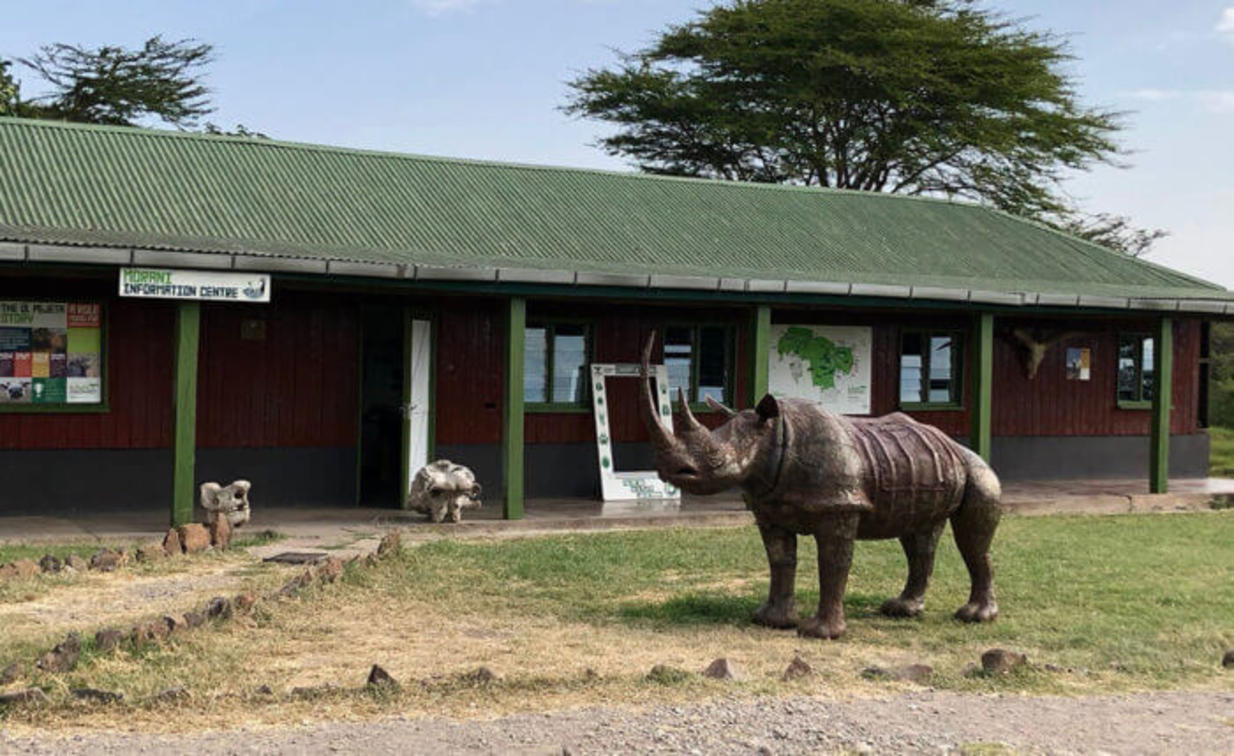Porini Rhino Camp

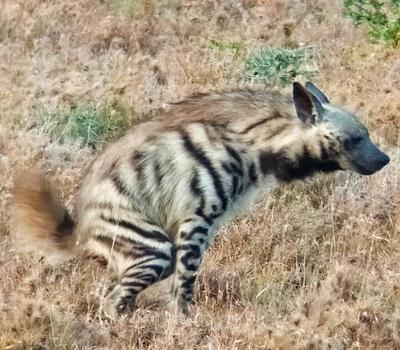
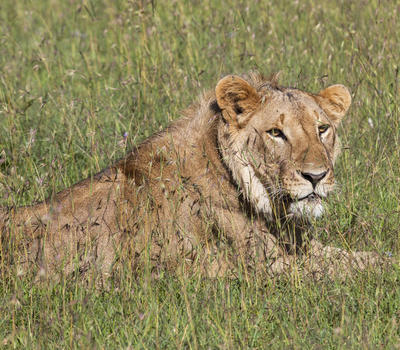
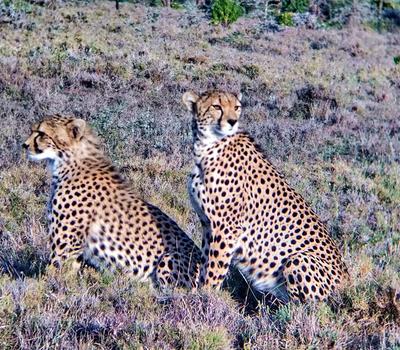
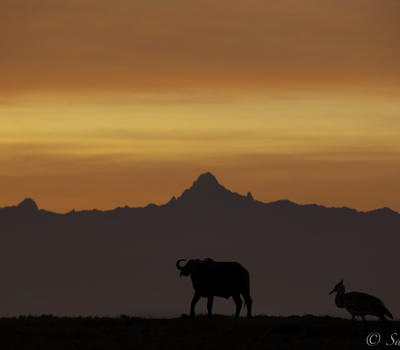
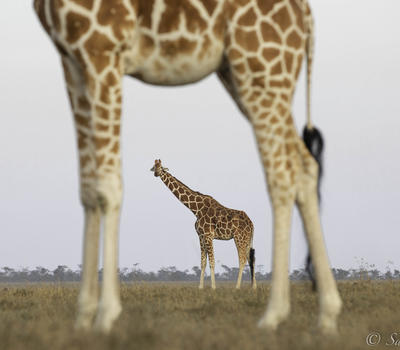
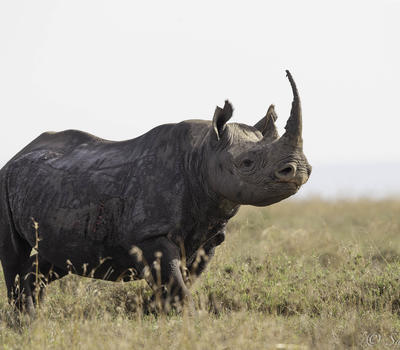
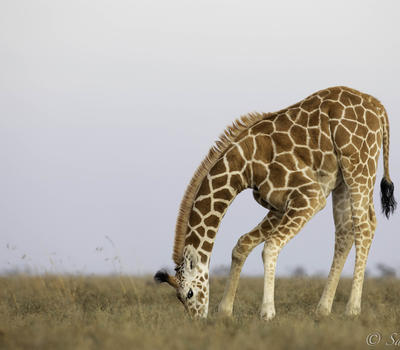
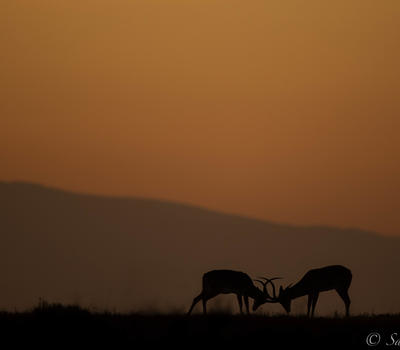


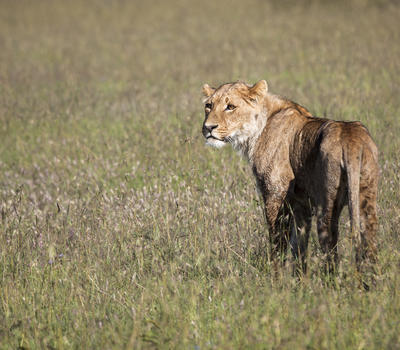
Game viewing
The camp has the benefit of a wildlife viewing hide which enables guests to observe and photograph wildlife safely, yet in close proximity. The hide has been carefully placed to enhance wildlife-viewing right in front of camp, and with the peaceful setting and the animals freely strolling in, guests can really immerse themselves in the surroundings and feel part of nature.

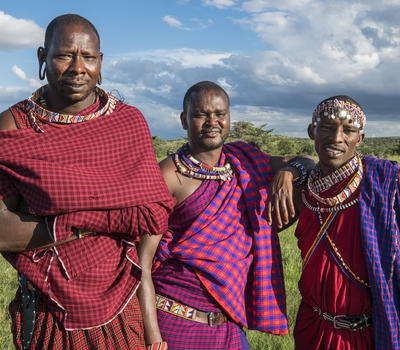
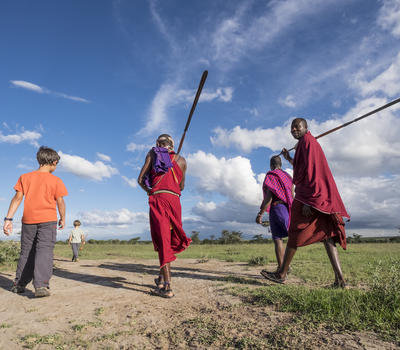
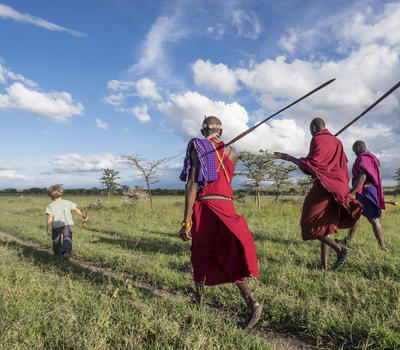
Escorted walks
The bushwalk gives visitors the opportunity to learn about game trails and spoor identification as well as the insects, birds and smaller mammals of the Ol Pejeta Conservancy
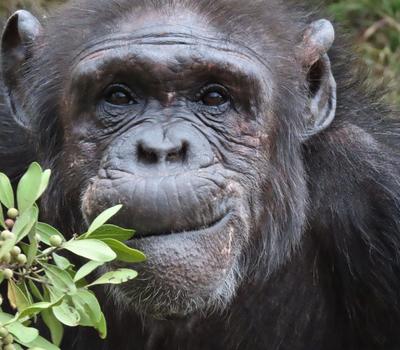

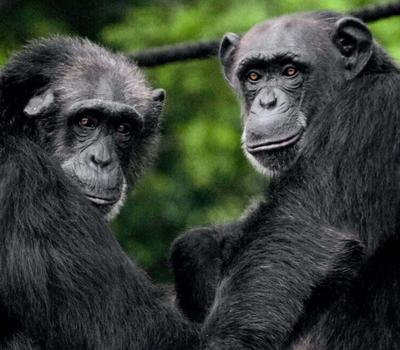
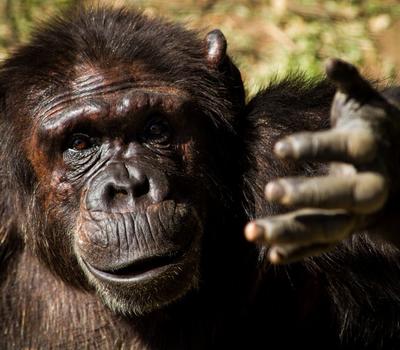
Chimpanzee Visit
The Sweetwaters Chimpanzee Sanctuary aims to provide a refuge for chimpanzees rescued from the black market, and is the only place in Kenya where our closest living relatives can be seen. Visitors to the Ol Pejeta Conservancy have free access to the Sanctuary, which is open daily from 08:30 to 12:30 and 14:00 to 16:30.
The Sweetwaters Chimpanzee Sanctuary was established in 1993, with an agreement between the Ol Pejeta Conservancy, the Kenya Wildlife Service (KWS) and the Jane Goodall Institute. Over the last decade, the Sanctuary has provided a safe haven for the recovery and rehabilitation of chimpanzees rescued from traumatic situations; all victims of the illegal pet trade
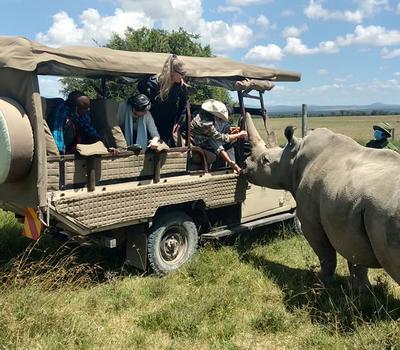
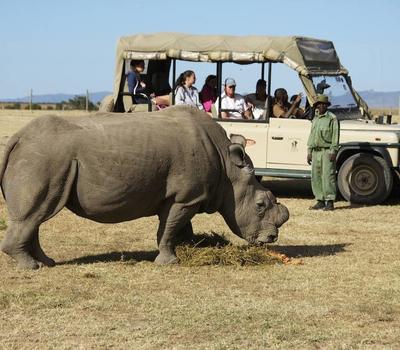
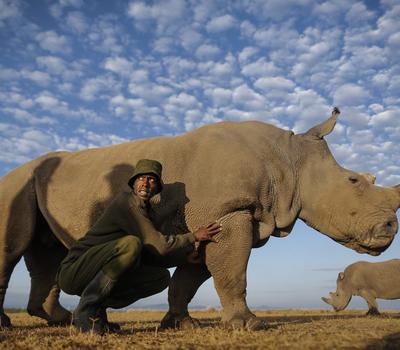

Northern White Rhinos
There are only two left on the planet, and Ol Pejeta is home to both of them.
Najin and Fatu - the last northern white rhinos left in the world - were moved to Kenya from the Czech Republic in 2009, and live in the 700-acre northern white rhino enclosure. The Enclosure is open to visitors twice daily, at 08:30 and 16:00 – where you can meet the northern whites and learn more about their history, what it takes to protect them, and what Ol Pejeta is doing to try and save this subspecies.
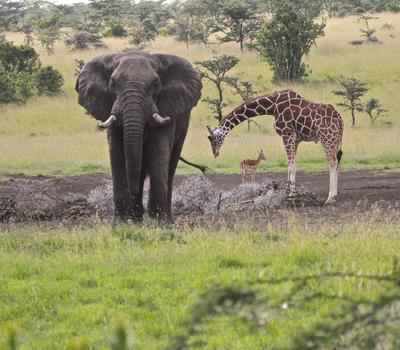
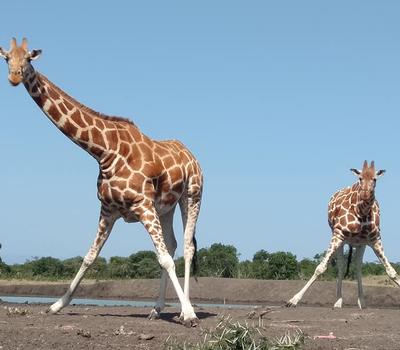
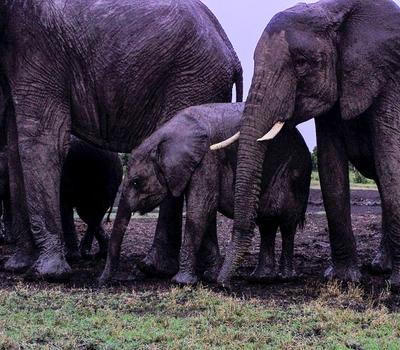
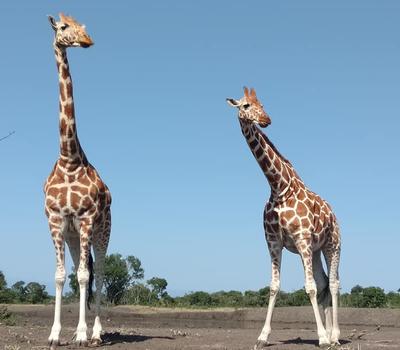
Photo Graphic Hide
The addition of a wildlife viewing hide at Porini Rhino Camp is proving popular with guests wanting to observe and photograph wildlife safely, yet in close proximity. The hide has been carefully placed to enhance wildlife-viewing right in front of camp. With the peaceful setting and the animals freely strolling in, we can really immerse ourselves in the surroundings and feel we are part of nature.
Spending time in a hide can, with a little patience, result in some incredible sightings.
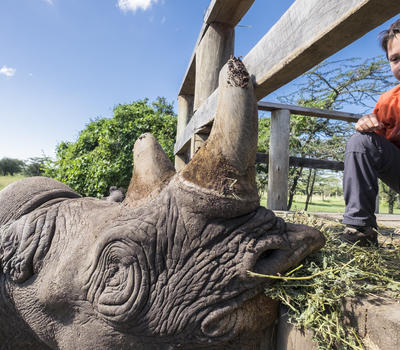
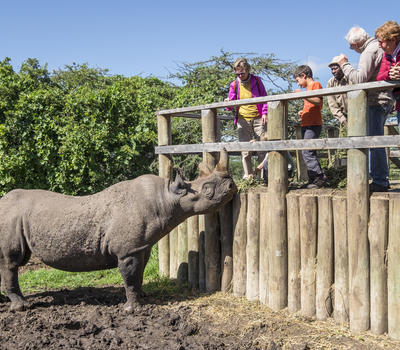
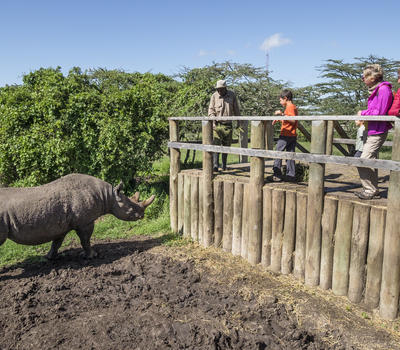
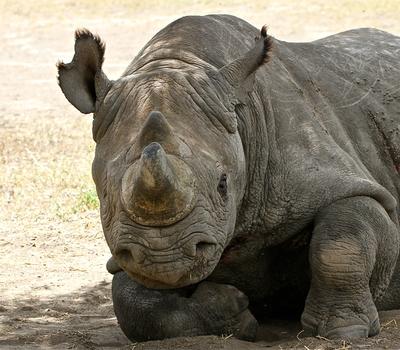
Meet Baraka the Black Rhino
Baraka was one of the first Black rhinos born on the Ol Pejeta Conservancy. After losing an eye to an infection following a fight he, unfortunately, developed a cataract in the other eye and subsequently became completely blind. With a low chance of survival on his own, Baraka was moved from the wild to a 100-acre enclosure in order to ensure his safety.
Baraka is now an ambassador for his species – and a popular attraction at the Ol Pejeta Conservancy. There is a feeding platform from which visitors can get up close to view and feed him, an experience not to be missed. Baraka receives visitors daily from 9.30 am to 6.00 pm, with feeding times three times per day.
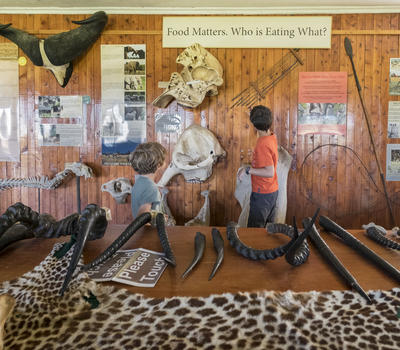
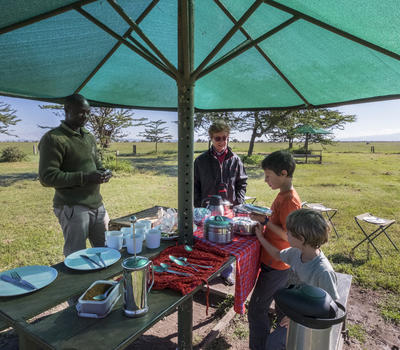
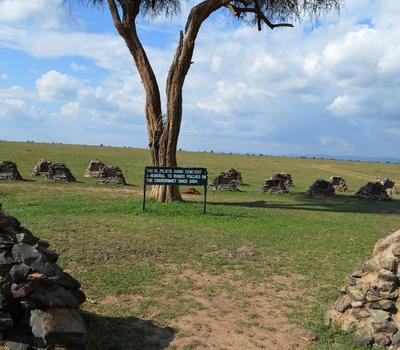

Visit the Morani Information Centre
The Morani Information Centre is named in honour of the tame black rhino that used to live next to it. Over the years, Morani was an icon at Ol Pejeta, an ambassador for his species. He helped raise awareness about the plight of black rhinos and other vulnerable species in the wild, and the information centre was built to continue this education.
Keeping Curiosity Wild.
The Morani Information Centre offers visitors the opportunity to learn about the different wildlife species that live on Ol Pejeta; from anatomy to behaviour to habitat. It also offers an insight into how Ol Pejeta Conservancy works – what we do on a daily basis to safeguard wildlife and preserve wilderness.
There is also a converted rhino transportation crate to explore! This is a unique opportunity for visitors to get inside the very same crate that several rhino have been moved in over the years. Get a sense of what a rhino might feel like when it's being moved, and be inspired by our engaging infographics that contain all the information you need to know about rhino conservation.
The Centre is open from 09:00 to 17:00 every day and is free.


